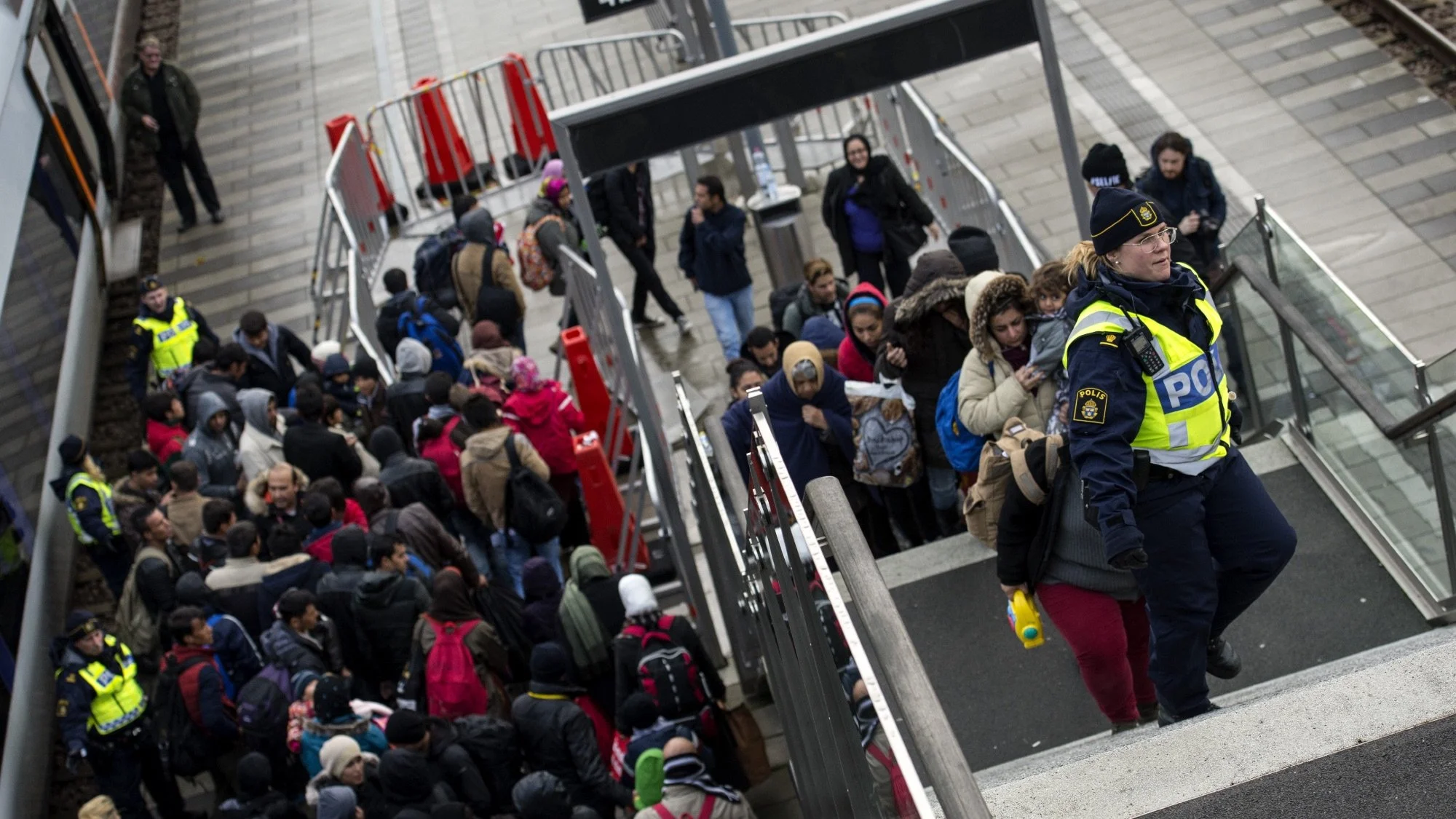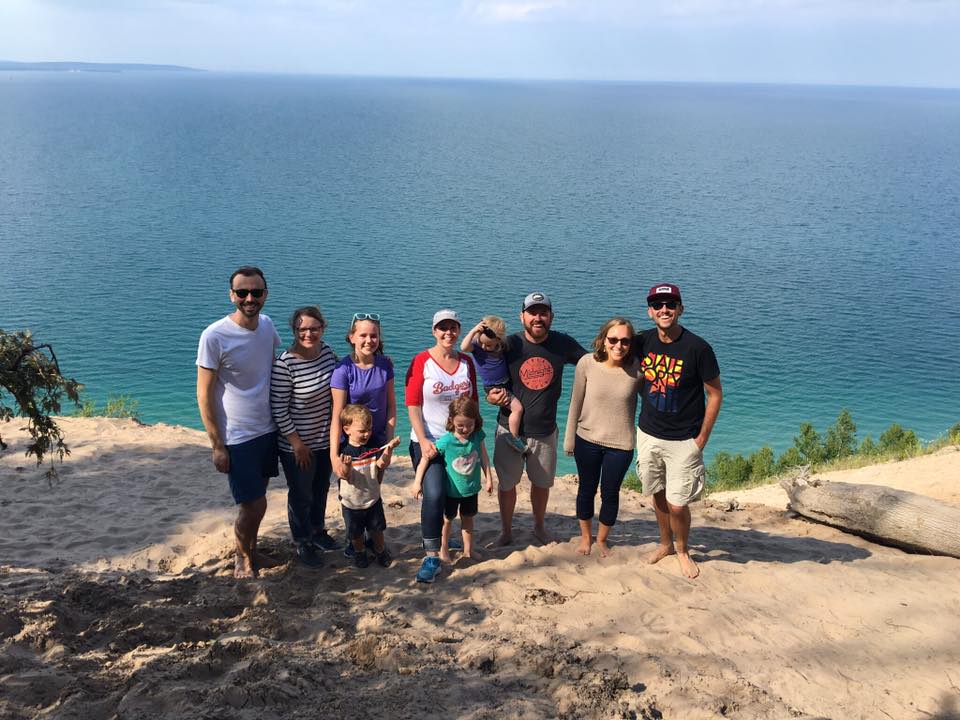What do you think of when you think of “Islam?” Whom do you picture when you think of Muslims? How might we envision ways to love our Muslim neighbor despite what we see in the news? How do we deal with the stunning diversity of the world and its presence in our lives via the rapid and constant movement of ideas, people, technologies, and religious practices?
This summer (June 22-29, 2019), I will be leading a one-week “dean and lecture” program posing, exploring, and unpacking these questions and more with participants at Camp Arcadia in Michigan.
Beyond considering the ways Christians have imagined Islam past and present, these sessions will aim to challenge what we think we know about Muslims, and invite us to reimagine our relationship with Islam and Muslims alike. In addition, we will use the “case” of Muslim-Christian relations to re-imagine how we think about, live alongside, and engage with “others” in general.
I will be joined in the “dean and lecture” program by Heather Choate Davis, who will be presenting “God’s Visionaries: Seeing the Big Picture.” Heather is a writer, speaker, theologian, liturgist, and servant based in Los Angeles. In 2013, she received her MA in Theology from Concordia University Irvine, and is now completing a two-year intensive training in Christian Formation and Spiritual Direction.
I encourage you to consider attending and registering for Family Week 1 to join Heather and me at Camp Arcadia.
Camp Arcadia, located in Northwest Michigan, is a non-profit, Lutheran, family resort and retreat center on the sandy shores of Lake Michigan. Arcadia exists to provide a setting for families and individuals to enjoy a vacation together and be renewed in spirit, mind and body – enjoying the beauty of the lake surroundings and the community of fellow campers.
During a family week you might square dance, play basketball, shuffleboard, softball, tennis or soccer, create a craft, participate in a talent show, compete in family games or shoot archery. Every member of the family will be engaged spiritually through the daily morning study, presentations, and worship.
Each of the family weeks at Camp Arcadia is unique in that different speakers bring their knowledge and style to the program. While adults are in their program, children (age three through college) are engaged in their own study and activities led by our program staff. A nursery for those under three is also available. Daily programming also features activities (athletic, craft and nature) for children and adults to do on their own or in family groups.
You will find places at Arcadia to be by yourself, have intimate conversations with others, and be with small and large groups of people. At Arcadia, you will find the time to experience each of these types of community.
Plus, maybe we can grab a meal or two together in the canteen. I hope to see you there.



